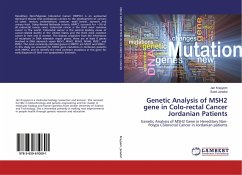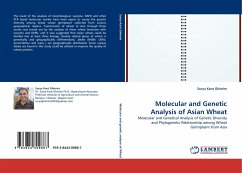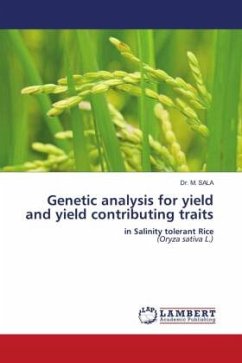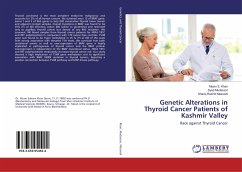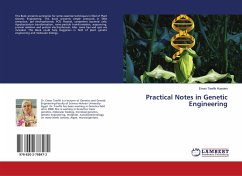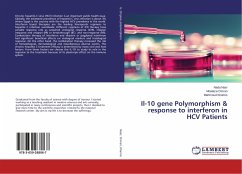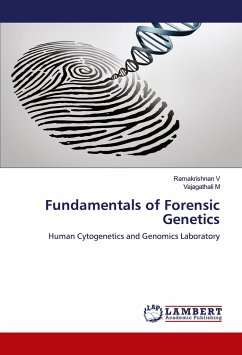Hereditary Non-Polyposis Colorectal Cancer (HNPCC) is an autosomal dominant disease that predisposes carriers to the development of cancers of colon, rectum, endometrium, ovarium, small bowel, stomach and urinary tract. Using Revised Bethesda criteria, HNPCC accounts for ~5% of all colorectal cancer cases. Colorectal cancer is the third most common cancer in the world. Colorectal cancer is the second leading cause of cancer-related deaths in the United States and the third most common cancer in men and in women. The disease originates from the inheritance of mutations in DNA mismatch repair genes, there are at least 6 genes involved in DNA mismatch repair MLH1, MSH2, MSH3, MSH6, PMS1, and PMS2. The most commonly mutated genes in HNPCC are MLH1 and MSH2 . In this study we screened for MSH2 gene mutations in Jordanian patients with HNPCC and to identify the most common mutations in this gene for early diagnosis of their non-symptomatic kindred's.

